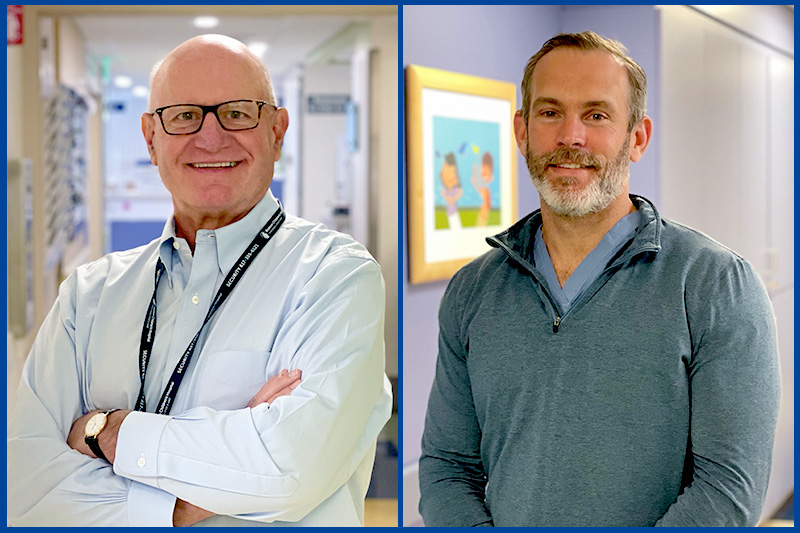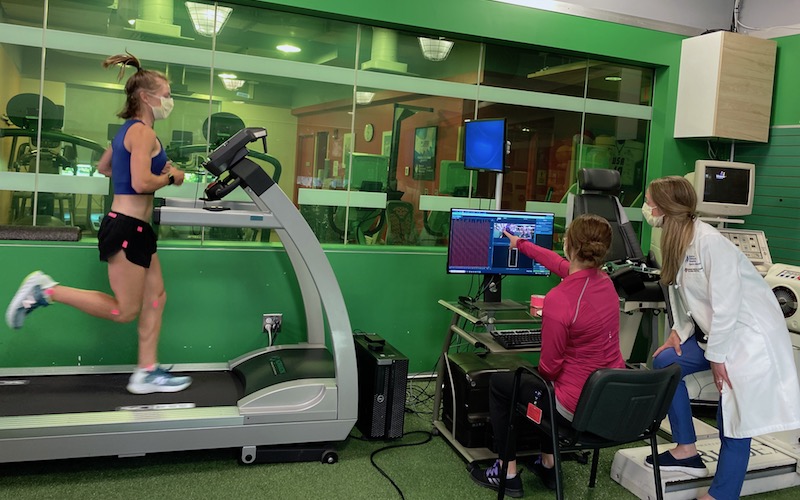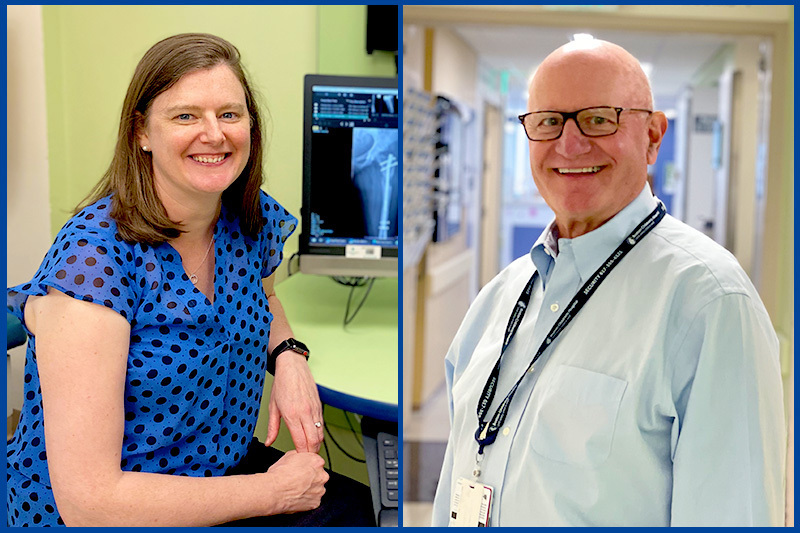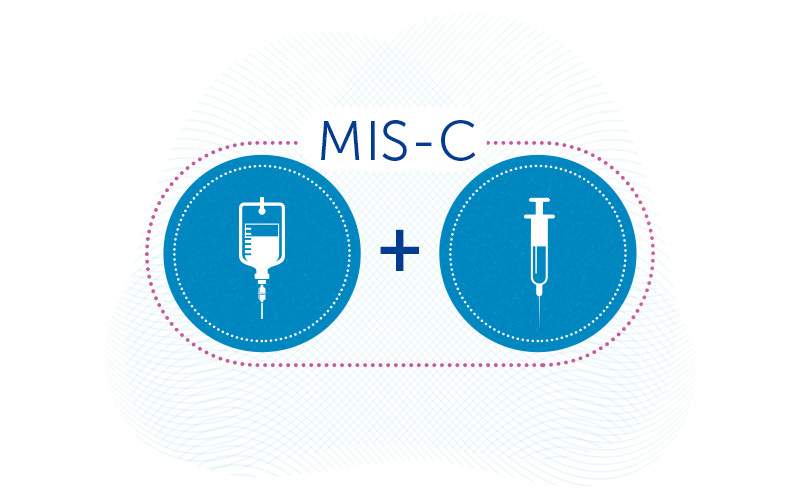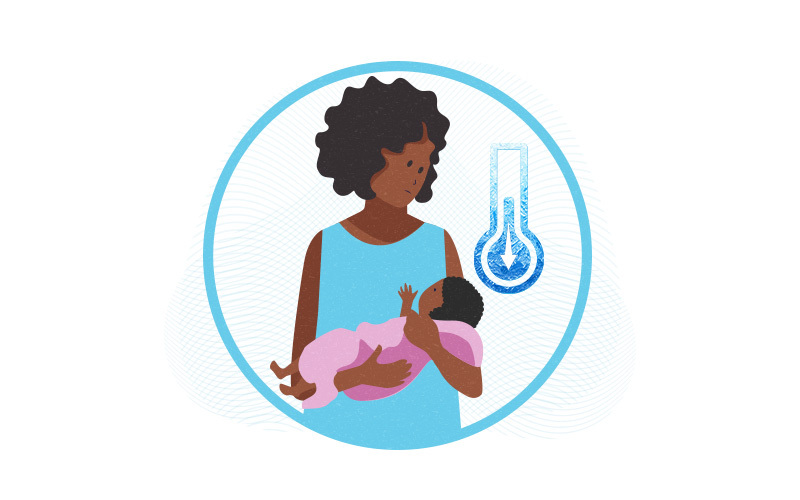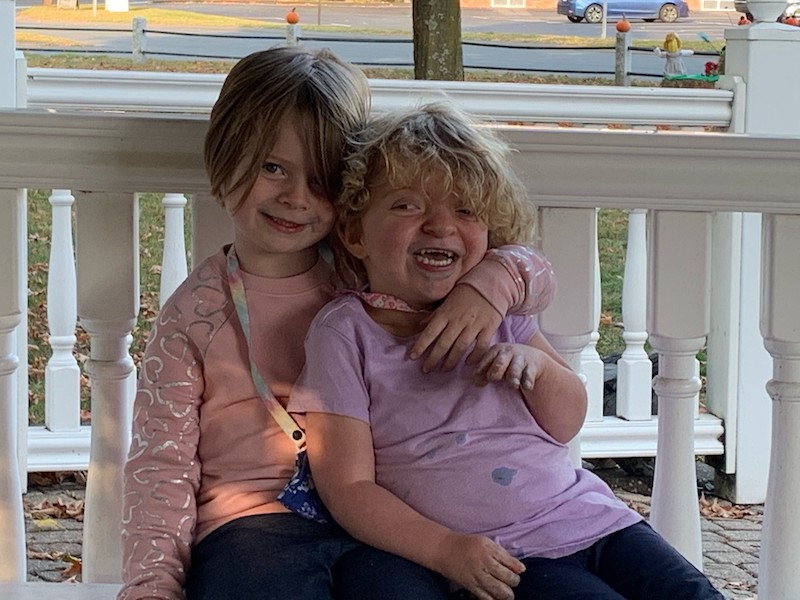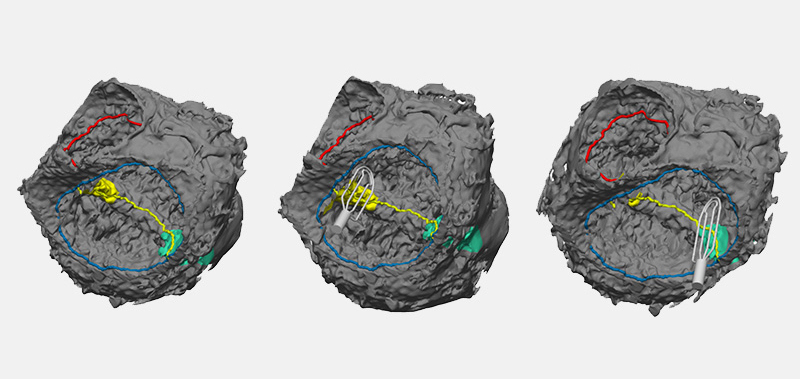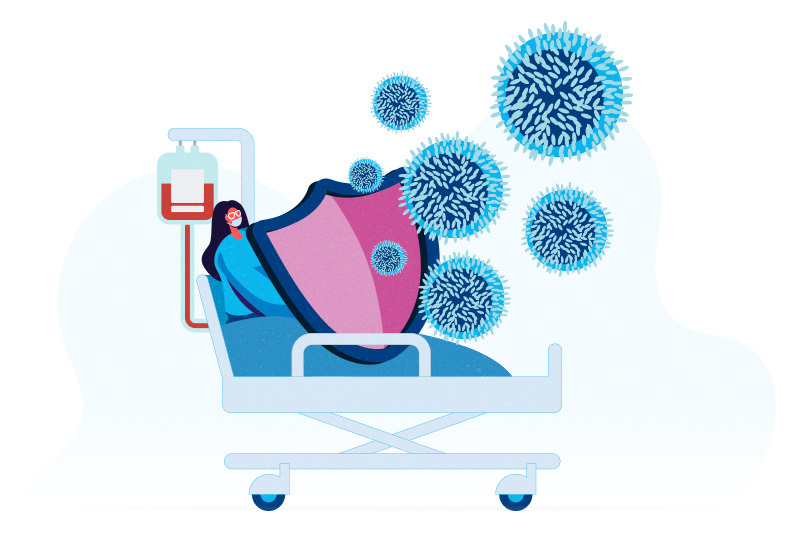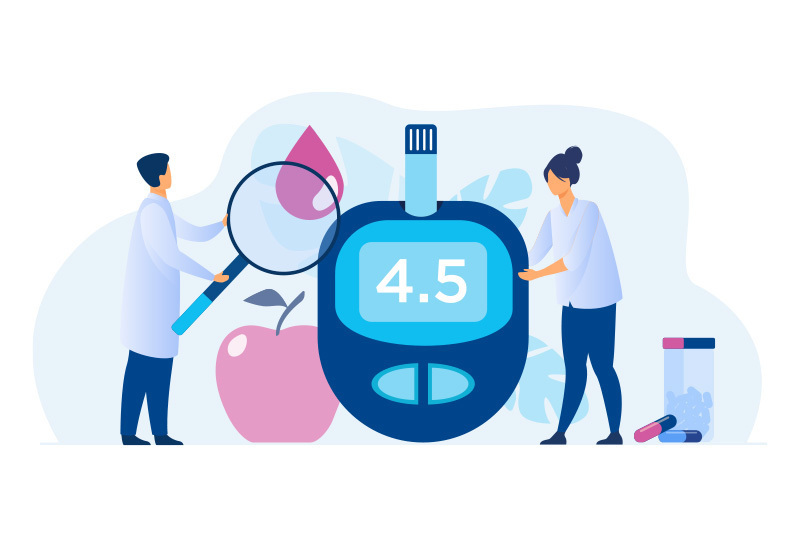Generations of excellence in lower extremity care: Dr. Kasser and Dr. May
As an orthopedic surgeon and professor of surgery, Dr. James Kasser has spent several decades sharing his expertise in limb reconstruction with students of Harvard Medical School. Dr. Collin May was one of his students and later joined the surgical team in the Lower Extremity Program at Boston Children’s Hospital. He has spent the past ... Read More about Generations of excellence in lower extremity care: Dr. Kasser and Dr. May
Gait analysis gives runners a window into their form
Why can some runners compete in marathon after marathon while others get injured? The answer often lies in the runner’s form. According to Dr. Kristin Whitney, co-director of the Injured Runners Clinic at Boston Children’s Hospital, many runners aren’t aware of subtleties like how hard their feet hit the ground or the angle of their ... Read More about Gait analysis gives runners a window into their form
Limb-lengthening surgery: A look at the pros and cons
Limb length discrepancies, a leg or arm that’s shorter than the other, can occur for a number of reasons. A child may be born with a condition that causes one limb to grow more slowly than the other. An arm or leg may stop growing after a complex fracture or a fracture that heals incorrectly. ... Read More about Limb-lengthening surgery: A look at the pros and cons
Inspired by Chinese finger traps, an annuloplasty ring that grows with the child
This post is part of a series on innovations to treat valvular disease in children. Read our prior posts on transcatheter valve replacement and an expandable prosthetic heart valve. Prosthetic annuloplasty rings have improved the durability of heart valve repairs in adults. Implanted at the perimeter of dilated, leaky valves, they help keep the valve ... Read More about Inspired by Chinese finger traps, an annuloplasty ring that grows with the child
Children with severe MIS-C do better with IVIG and steroids as initial therapy
When children started getting sick with multisystem inflammatory syndrome (MIS-C) in the wake of COVID-19, clinicians largely turned to two treatments. Many used immunoglobulin (IVIG) because of MIS-C’s similarities with Kawasaki disease. And many used steroids such as methylprednisolone because of MIS-C’s inflammatory features. Key takeawayIn this large, rigorous national study, initial treatment of MIS-C ... Read More about Children with severe MIS-C do better with IVIG and steroids as initial therapy
A successful, low-cost reusable treatment for infant hypothermia
Key Takeaways Infant hypothermia leads to about one million deaths each year, primarily in low- and middle-income countries.A study in rural Rwanda of a non-electric infant warmer developed by Boston Children’s showed it successfully raised infants’ core temperatures and improved survival in preterm infants with hypothermia Infant hypothermia contributes to approximately one million deaths each ... Read More about A successful, low-cost reusable treatment for infant hypothermia
Minimally invasive surgery safe and effective for craniosynostosis
Traditional treatment for children with craniosynostosis — a condition in which the bones of the skull grow together too early in the child’s development — usually involves an extensive open craniectomy surgery with a incision to release the fused bones. But a study from physicians in the Cleft and Craniofacial Center at Boston Children’s Hospital ... Read More about Minimally invasive surgery safe and effective for craniosynostosis
Two new approaches to identifying conduction tissue
Conduction cells in the heart are responsible for initiating contraction of the heart muscle. The inability to properly identify the location of conduction tissue in patients with congenital heart defects during heart surgery can lead to post-operative conduction abnormalities such as heart block or conduction delays. This necessitates the need for pacemakers, which leads to ... Read More about Two new approaches to identifying conduction tissue
Arthritis drug reduces rates of acute graft-vs-host disease after bone marrow transplant
The immune-suppressing drug abatacept, currently used for rheumatoid arthritis, could make bone marrow transplant safer, report researchers at the Dana-Farber/Boston Children’s Cancer and Blood Disorders Center. The phase 2 randomized, multi-center clinical trial, the largest to date, appears in the Journal of Clinical Oncology. Abatacept (brand name ORENCIA) reduced rates of severe, acute graft-versus-host disease ... Read More about Arthritis drug reduces rates of acute graft-vs-host disease after bone marrow transplant
Low-carb diets for diabetes: Rediscovering centuries-old wisdom
This year represents the 100th anniversary of the discovery of insulin, a hormone that regulates the amount of glucose, or sugar, in the blood. While insulin medications have literally been life-savers for many kids and adults with diabetes, diets that help keep blood sugar levels steady are often overlooked for controlling diabetes. These diets, often ... Read More about Low-carb diets for diabetes: Rediscovering centuries-old wisdom


